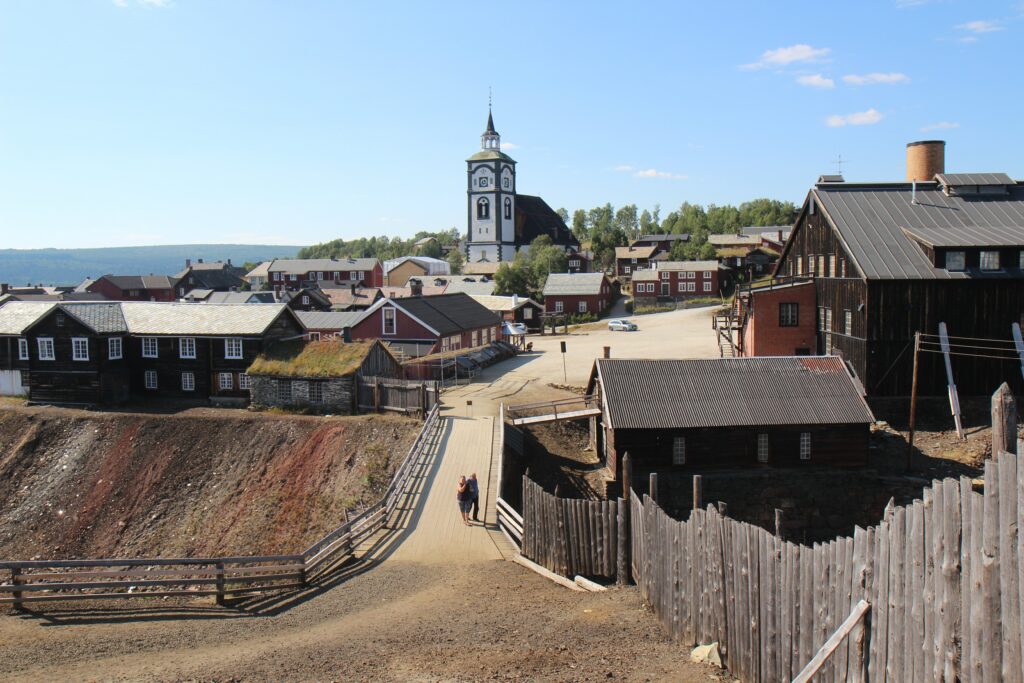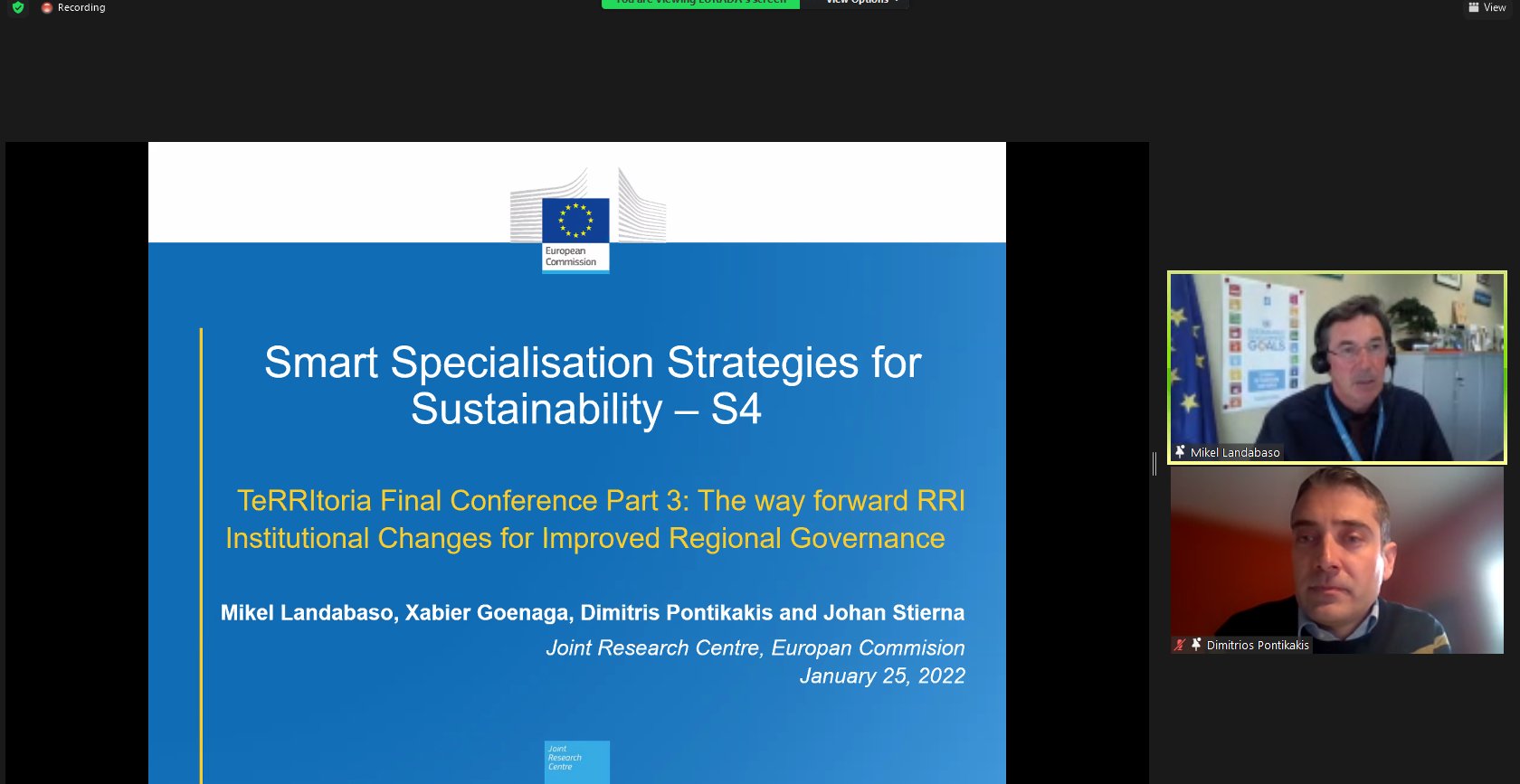Implementing co-creation feedback in Trøndelag
The partners in the Norwegian region of Trøndelag, the Norwegian University of Science and Technology (NTNU) and Trøndelag County Authority, are in a good mood. Despite a global pandemic and an especially early lockdown by European standards, the Transformative Experiment in their region is going well. The two partners, university and regional government, have gotten to know each other quite well and developed a good working relationship.
They describe how there is a lot of work to be done in the beginning of a joint endeavour like this to begin to understand each other and what each other’s priorities are. In projects, there is often a tendency for everyone involved to take their own priorities as being the most important. In one possible approach they describe, one can insist on ones own priorities and try to force others to align themselves with your needs; note that this is not “the TeRRItoria way” and so another approach was used instead. Rather than being insistent, the two partners really tried to understand each other and those involved in the co-creation activities as all being in a different environment and having their own equally valuable perspective and priorities. By combining their activities and perspectives, they can make something new which is greater than the sum of its parts.
As noted in the previous TeRRItoria newsletter, the Trøndelag colleagues managed to make a limited number of trips out to the two rural communities of Røros and Namsos which their experiment focuses on before Covid-19 hit and forced a change of plans. These two communities are relatively small; there is still a high degree of complexity in how they work and competing priorities among stakeholders there. While it was possible to switch co-creation activities involving university students to a simple online format, understanding the complexity of the target communities required a little more. Because of this, someone else has to be relied on to speak on behalf of the local businesses.
Business gardens – not only for the green-fingered
While many a business call been held from the backyard rather than the office this summer, the idea of a “business garden” predates this year’s global pandemic. Business gardens are membership organisations owned by local actors, mostly businesses and banks, and partly financed by the state which exist to support local businesses and innovation in rural areas of Norway. Because of their in-depth knowledge of the local businesses in the areas where they operate, the relevant business gardens became a proxy for the local businesses which the TeRRItoria partners were no longer able to travel to and visit. The ones representing businesses in Namos and Røros are now directly involved in the project and have already held a number of meetings with the partners.
While collecting input from different stakeholder on the rough plan for their experiment, the feedback received was broadly supportive. One partner contributed with constructive criticism. Being an RRI project this was exactly what the partners were looking for, so the feedback was taken on-board and the experiment has now been redesigned to take account of this. In short, rather than focusing on trying to encourage graduates to move out to rural regions to take quality jobs there, the partners will work on turning young, educated workers in those regions into one of several “conduits” of knowledge between the place where they live and NTNU. In this way, it is foreseen that teaching in the regional centre can also become more responsive to the needs of businesses in rural regions. Another idea is to build linkages between programs which send trainees on internships and companies in further-out regions which are in need of the particular skills those degrees teach.
Winter is coming
Public engagement from broader society is the final stage in the co-creation process in Trøndelag and will be achieved with the help of regional media. Articles on the experiment and its aims will be published in regional and local newspapers encouraging readers to get in touch with their opinions on it.
Anticipation being an important aspect of RRI, the partners anticipate a potential issue in that it is not certain to what degree the public will be motivated to give feedback. Since the aims of the experiment are so generally popular and uncontroversial, few readers may be interested in giving feedback if they can’t find anything they particularly disagree with. The other side of doing something quite popular like involving the public in revitalising far-away regions is that it may be too popular and agreeable to make anyone feel they want to give input. Time will tell.





